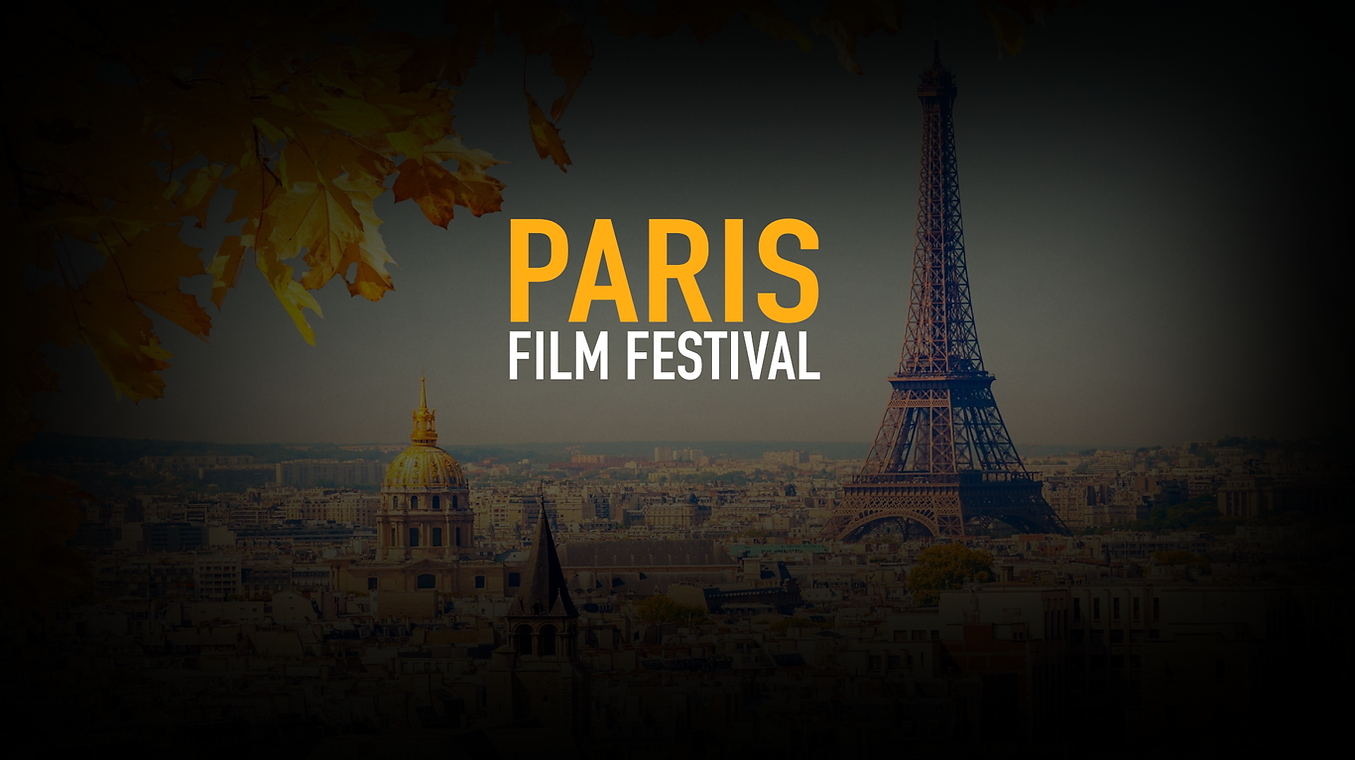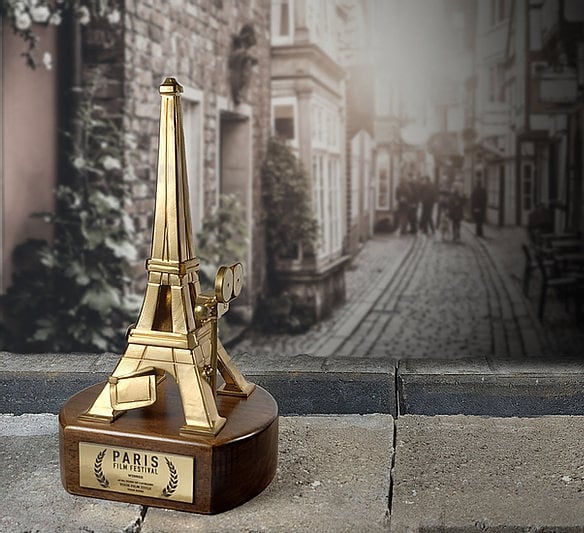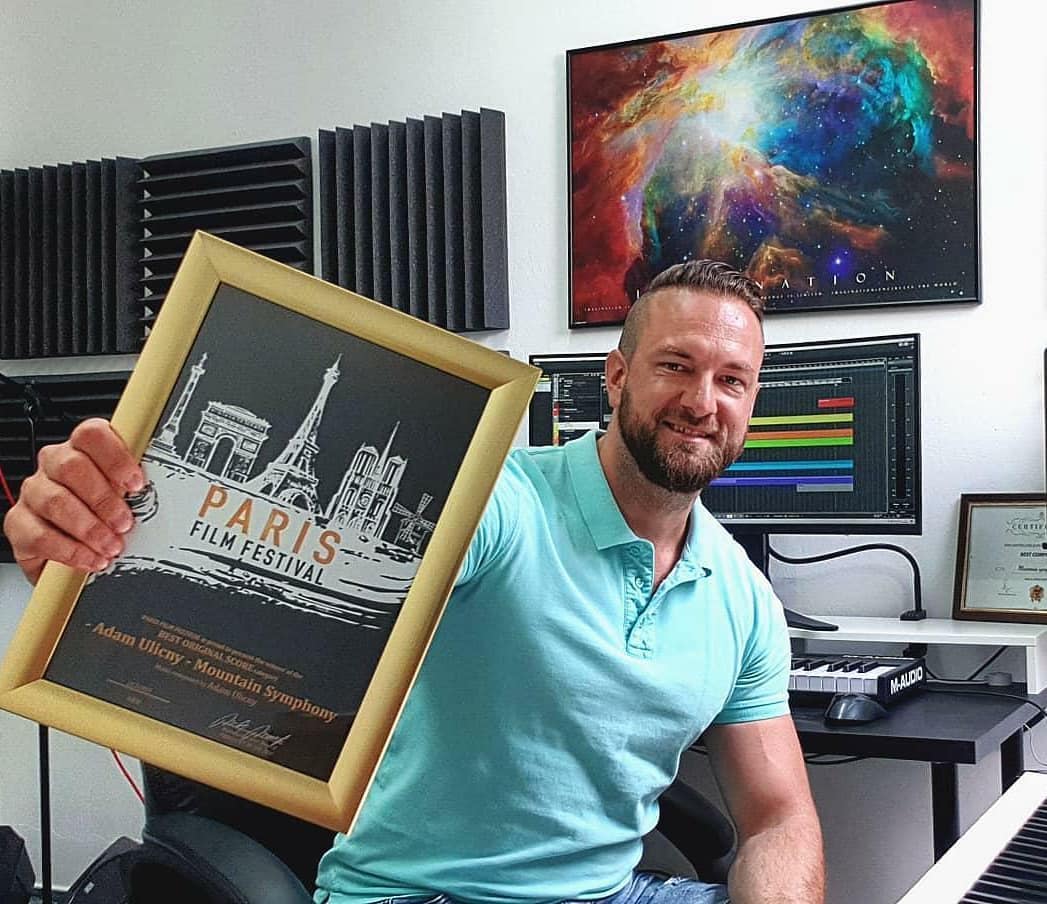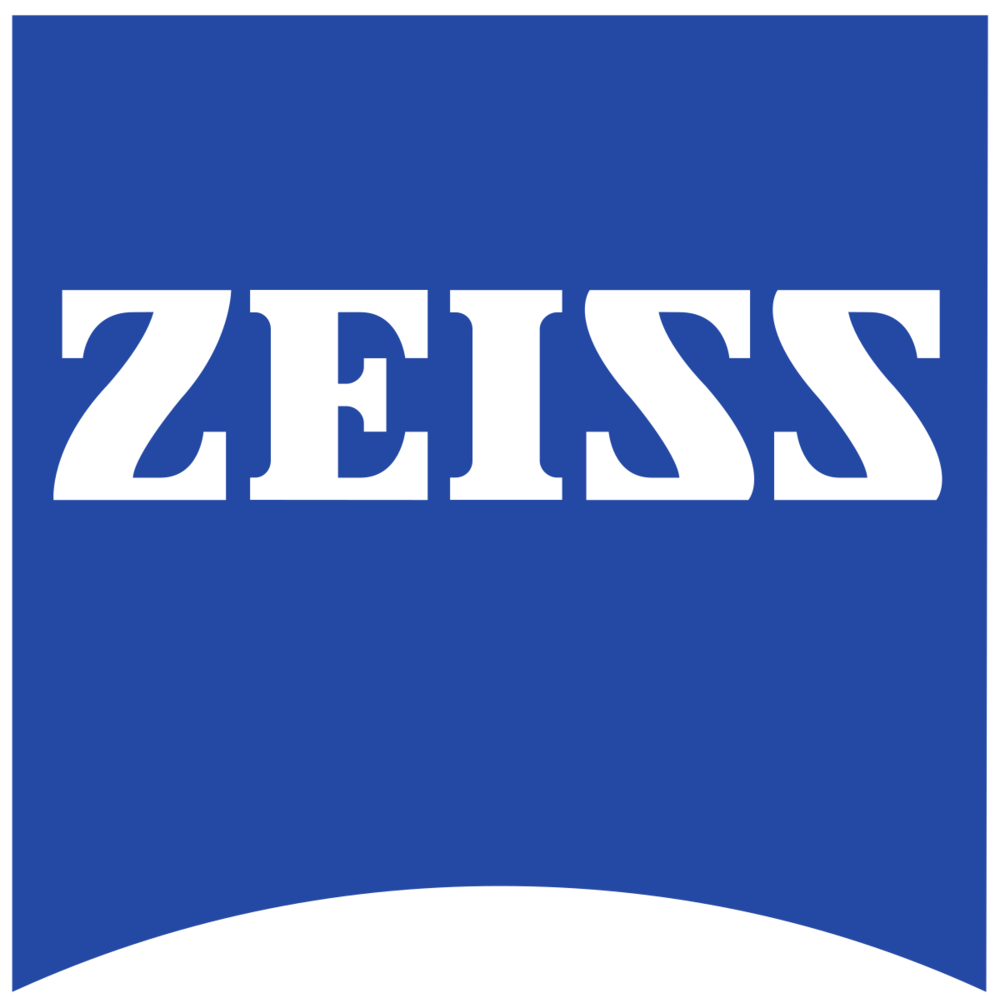Paris Film Festival is a unique monthly film festival which was created as a response for international demand for art films and showcase opportunity for young emerging talent. Each month we were organising screening featuring best films from actual month and networking event in hearth of Paris. However, due to coronavirus crisis and resulting travel restrictions and government regulations we were forced to cancel our events and move whole festival into the online space. We created section PIFF TV on our website where we showcasing winning films (at least a trailer if we not going to obtain permission to screen whole film there) along with details of the production company , director and interviews. Each month we are also creating catalogue of some of the winners and sending it to french distributors.
French cinema comprises the art of film and creative movies made within the nation of France or by French filmmakers abroad.
L'arrivée d'un train à La Ciotat (1895) - Lumière brothers, the first "commercial" movie ever filmed
France is the birthplace of cinema and was responsible for many of its significant contributions to the art form and the film-making process itself. Several important cinematic movements, including the Nouvelle Vague, began in the country. It is noted for having a particularly strong film industry, due in part to protections afforded by the French government.
Apart from its strong and innovative film tradition, France has also been a gathering spot for artists from across Europe and the world. For this reason, French cinema is sometimes intertwined with the cinema of foreign nations. Directors from nations such as Poland (Roman Polanski, Krzysztof Kieślowski, and Andrzej Żuławski), Argentina (Gaspar Noé and Edgardo Cozarinsky), Russia (Alexandre Alexeieff, Anatole Litvak), Austria (Michael Haneke), and Georgia (Géla Babluani, Otar Iosseliani) are prominent in the ranks of French cinema.
Conversely, French directors have had prolific and influential careers in other countries, such as Luc Besson, Jacques Tourneur, or Francis Veber in the United States. Another element supporting this fact is that Paris has the highest density of cinemas in the world, measured by the number of movie theaters per inhabitant, and that in most "downtown Paris" movie theaters, foreign movies which would be secluded to "art houses" cinemas in other places are shown alongside "mainstream" works.
Philippe Binant realized, on 2 February 2000, the first digital cinema projection in Europe, with the DLP CINEMA technology developed by Texas Instruments, in Paris. Paris also boasts the Cité du cinéma, a major studio north of the city, and Disney Studio, a theme park devoted to the cinema and the third theme park near the city behind Disneyland and Parc Asterix.
France is the most successful film industry in Europe in terms of number of films produced per annum, with a record-breaking 300 feature-length films produced in 2015. France is also one of the few countries where non-American productions have the biggest share: American films only represented 44.9% of total admissions in 2014. This is largely due to the commercial strength of domestic productions, which accounted for 44,5% of admissions in 2014 (35.5% in 2015; 35.3% in 2016).[10] Also, the French film industry is closer to being entirely self-sufficient than any other country in Europe, recovering around 80–90% of costs from revenues generated in the domestic market alone.












